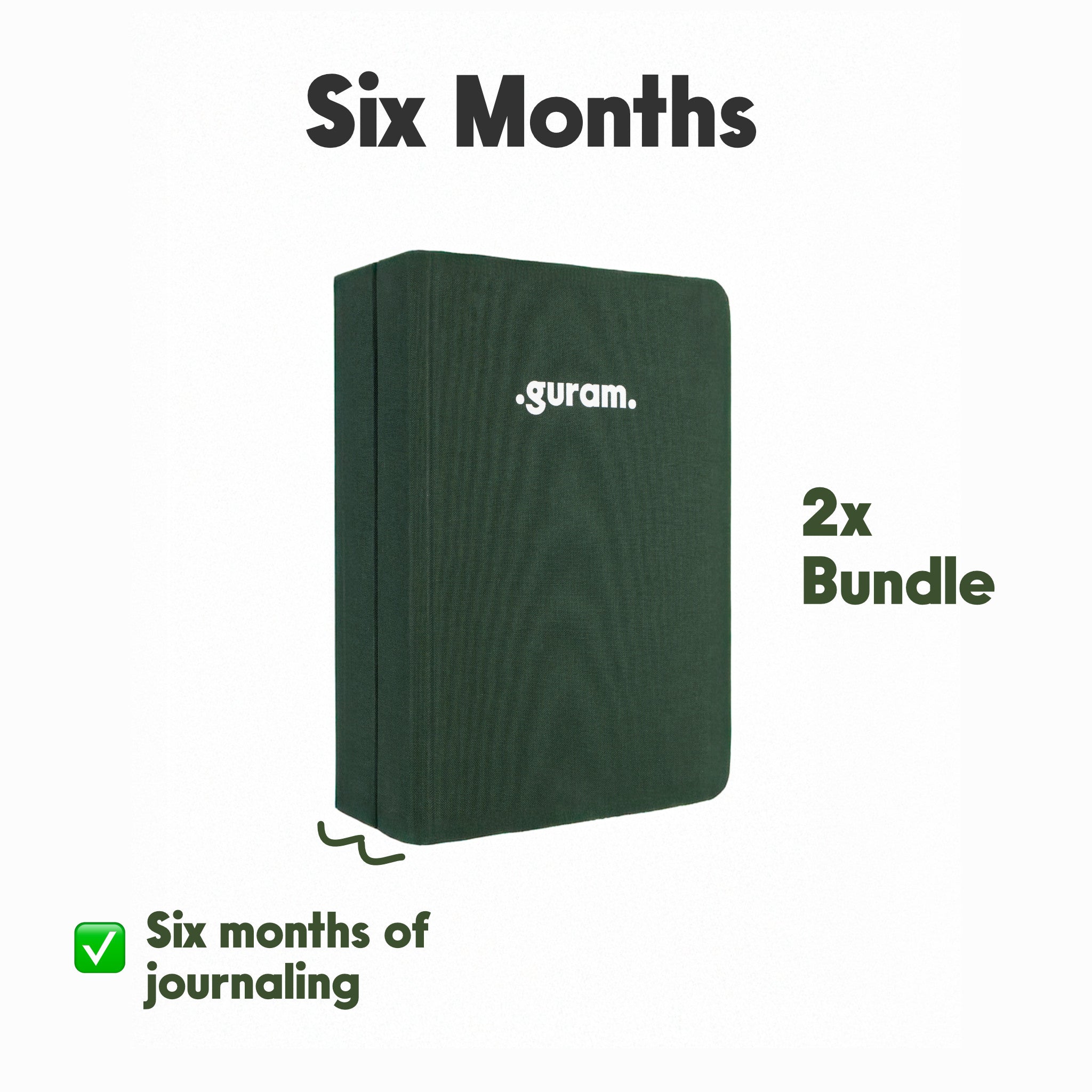Most of us don't need to be told that work-life balance is important—we feel it when it’s missing. You know the signs: your calendar is packed, but your energy is low. You're responsive to everything except your own needs. You're always on, but somehow still feel behind.
What we’re often missing isn’t motivation, but clarity. Work-life balance isn’t a single goal to achieve; it’s a practice of setting boundaries, making choices, and checking in with yourself regularly.
Here are 20 simple and widely recommended ways to help you create a better rhythm between work and life. They’re not revolutionary—but if you apply even a few of them intentionally, things begin to shift.
1. Set clear boundaries between work and personal time
One of the most consistent habits I’ve seen in people who manage balance well: they have a clear stop time. No late-night email checking “just in case.” It’s a boundary that signals, “Work is done. I’m shifting gears now.”
2. Prioritize your tasks
Not everything matters equally. Start each week (or each day) by asking: What actually moves things forward? It’s surprising how much busywork falls away when you focus only on what’s essential.
3. Learn to say no
This one’s hard—especially if you're wired to be helpful or feel responsible. But saying no isn’t rejection. It’s respect for your own time and energy. Every “yes” costs you something. Make sure it's worth it.
4. Take regular breaks during the day
Stepping away isn’t lost time—it’s a reset. A short walk between meetings clears your head more than powering through ever will. The ultradian rhythm theory suggests our brains naturally work best in 90-minute focus blocks, followed by 15–20 minute rest periods.
5. Use your vacation time
It sounds obvious, but: take your days off. Fully. No half-checked inbox, no “just jumping on a quick call.” Time off is part of doing your job well, not time away from it.
6. Work smarter, not longer
There’s a difference between working long hours and doing deep, focused work. Set aside time for what matters most and don’t try to multitask your way through the day. Less frantic. More deliberate.
7. Unplug after work
Notifications blur the lines between work and life. Try this: set app limits, use “Do Not Disturb,” or delete Slack and email from your phone during evenings. Protect your peace.
8. Establish a wind-down routine
Give yourself space to transition out of work mode. Journaling, walking, music—something simple but intentional that tells your brain the workday is over. Personally, I’ve found writing down one win and one frustration from the day helps me let go of both.
9. Get enough sleep
Sleep isn’t just about rest—it’s where your brain does deep processing. If you’re running on five hours, it doesn’t matter how many productivity hacks you try. You’re running uphill. The 7–9 hours is recommended for adults, yet most professionals get less than 6.8.
10. Build in time for hobbies or fun
Not “networking fun” or “productive hobbies.” Just fun for its own sake. It reconnects you with yourself outside of your work identity—and that’s more powerful than it sounds.
11. Exercise regularly
It’s the oldest advice for a reason. Move your body, even just 15 minutes a day. You'll feel better, think clearer, and stress less.
12. Communicate expectations clearly
Work-life balance often breaks down due to misalignment. Be upfront with your team or clients about your capacity, working hours, and preferred ways of working.
13. Use flexible work options if available
If your role allows for remote work, flex hours, or even a 4-day week—use them. We don’t earn extra points for doing things the hard way.
14. Outsource or delegate where possible
You don’t have to do everything yourself. Whether it’s hiring a cleaner, asking a colleague to share the load, or using tools to automate tasks—free up your time where you can.
15. Reflect regularly
A big part of balance is checking in. Weekly journaling can help you notice patterns: What drained you? What energized you? What do you want more—or less—of?
16. Avoid perfectionism
High standards are fine. But perfectionism? It’s exhausting and often unnecessary. Let things be “good enough” sometimes. You’ll be surprised how little the world notices—and how much energy you regain.
17. Create a dedicated workspace
Especially if you work from home. A defined space helps your brain know when it’s time to work—and when it’s time to stop.
18. Check in with yourself emotionally
Work-life balance isn't just about logistics—it's about how you feel. Are you energized or depleted? Are you excited or resentful? Those signals matter.
19. Spend quality time with loved ones
Put your phone down. Be present. These moments are what refill your emotional tank and remind you who you are outside of your work.
20. Practice gratitude and mindfulness
End your day by writing down three good things. Or just sit still for a few minutes. These small habits anchor you and help you navigate stress with a clearer head.
Final thoughts
Balance isn’t about perfection. Some weeks will be messy, and that’s okay. The point is to stay in relationship with your time—not just let it happen to you.
Use these tips as a kind of personal check-in list. What have you been neglecting? What’s one small habit you could add this week?
And remember: this isn’t about doing more—it’s about doing what matters, more intentionally.










